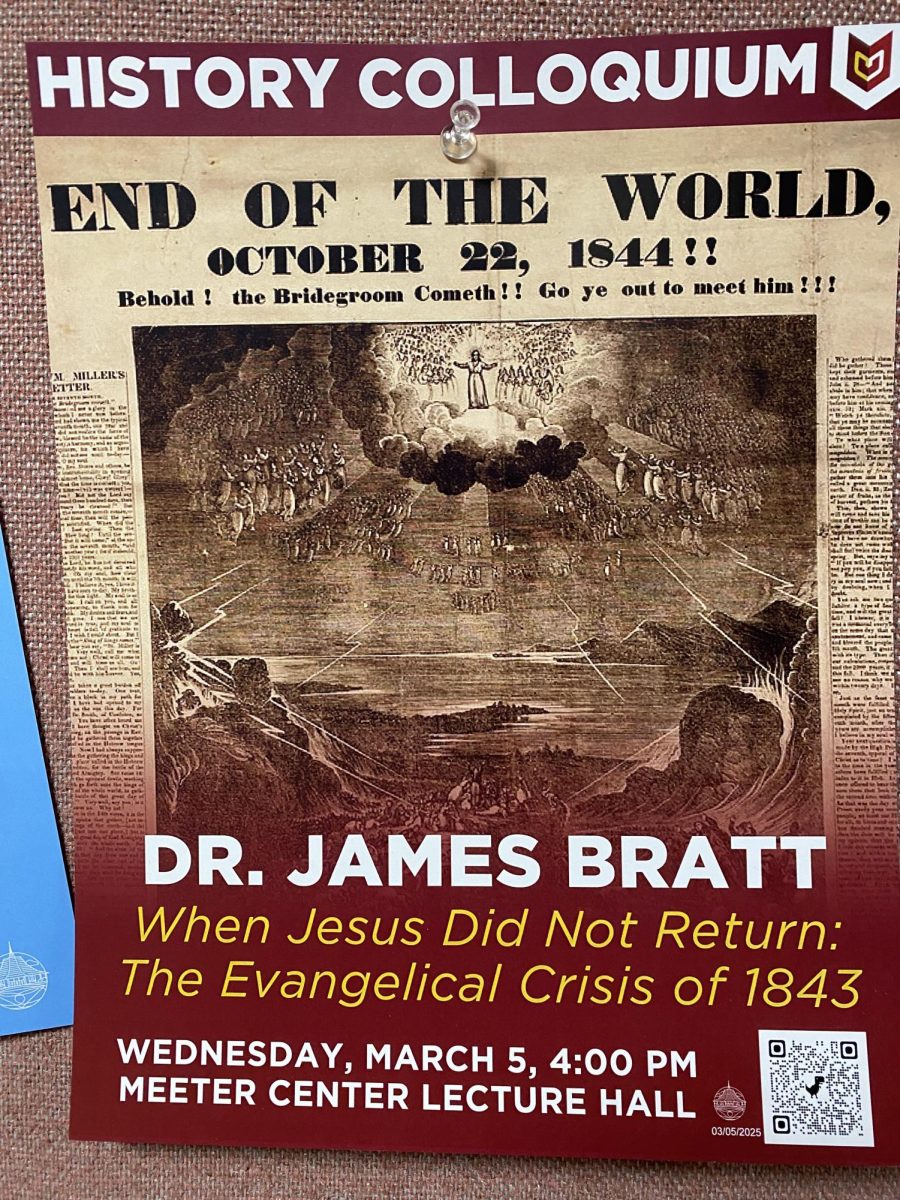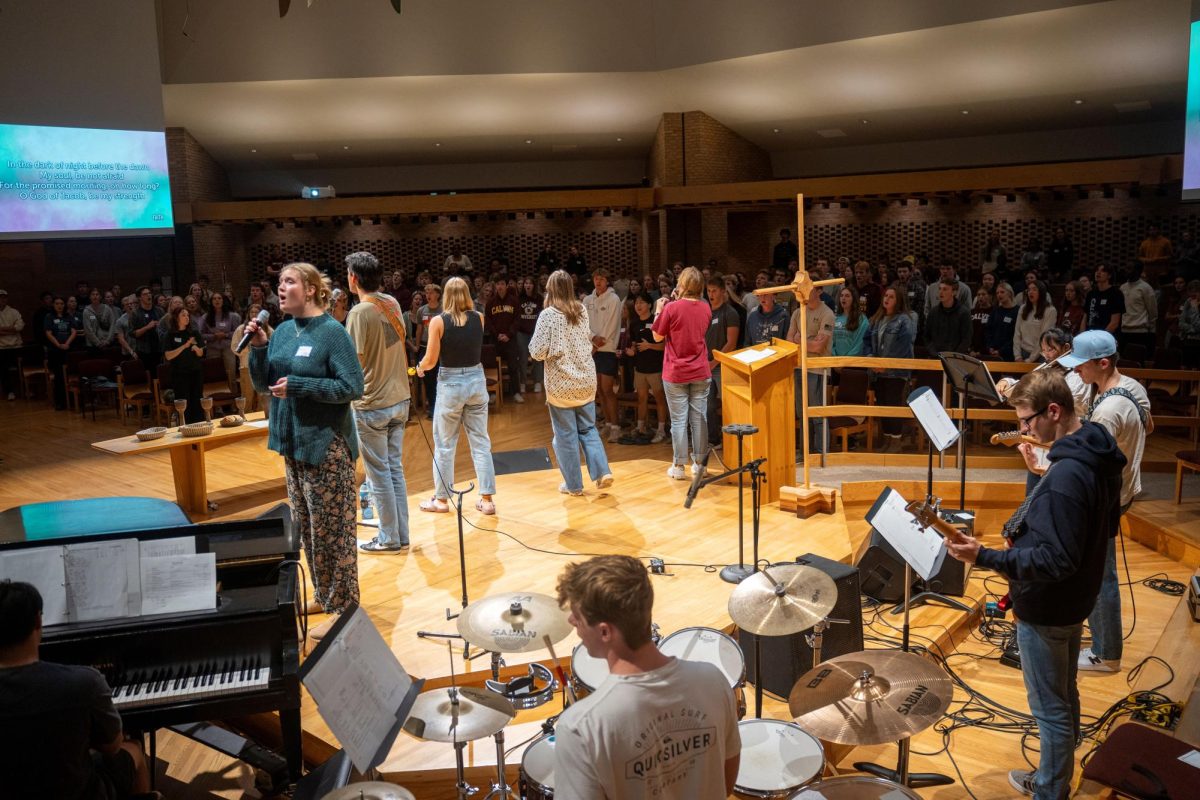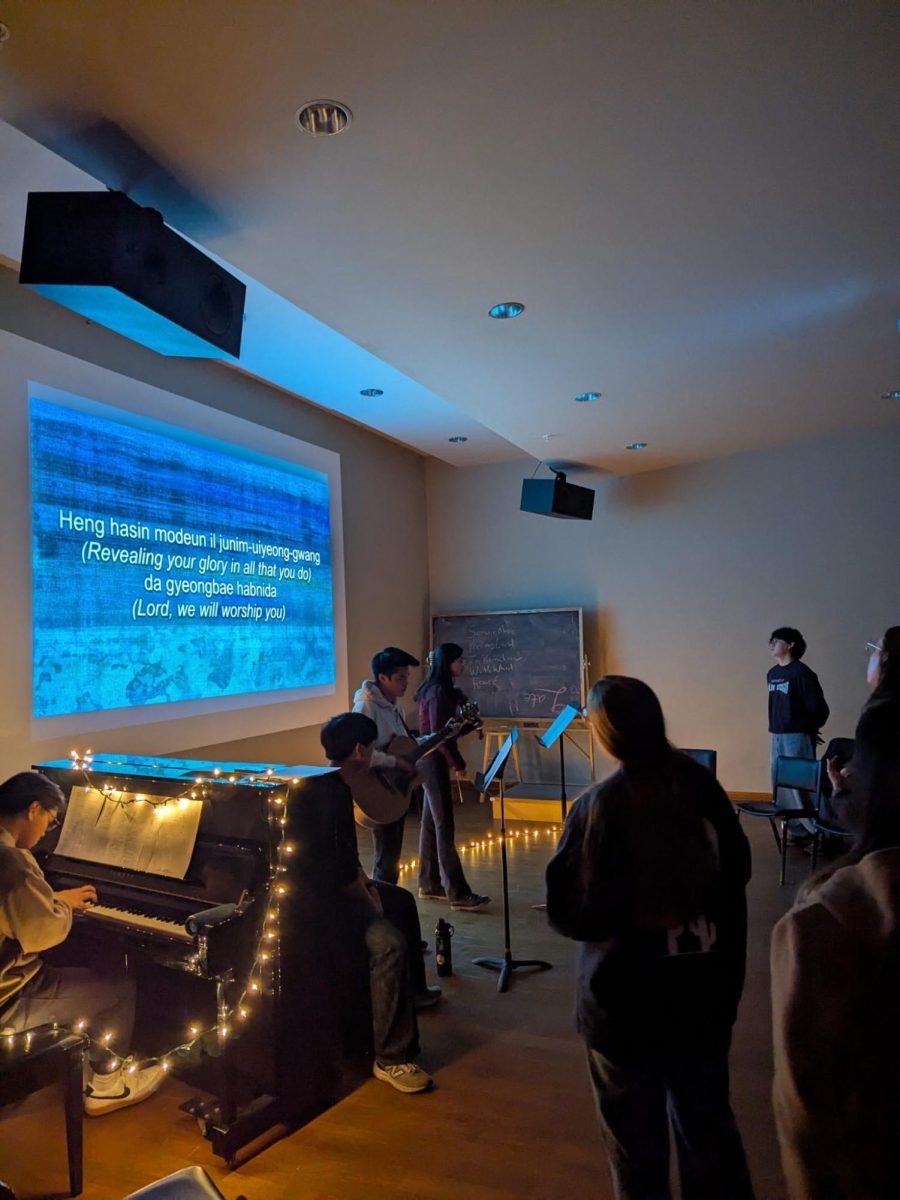On Sept. 23, the Christian Reformed Church issued a “Statement on Racism” in response to the shootings of Terence Crutcher in Tulsa, Oklahoma and First Nation member Colton Boushie in Biggar, Saskatchewan: “These events, in light of our love for Christ, compel us to speak.”
While past CRC messages discussed race relations with vague and ambiguous language, the new statement is quite direct. “We recognize that we have remained silent about racial injustice and unjust actions in our nations all too frequently. Our silence on issues of race has been heard more clearly than our calls for reconciliation with God.”
The release pulled no punches, calling the denomination’s troubling demographics and tendency to form ethnically homogenous groups a “sin” and using powerful language to describe how “racism strikes at the heart of our discipleship.”
Racism was discussed throughout the letter in the context of the gospel. Pastors were encouraged to come together and preach the gospel while “removing all barriers to the gospel message, including racism.”
Congregations were addressed in a separate section, which highlighted the pervasive nature of racism. In addition, congregations were pushed to “continue learning about racism and its effects in our lives and societal structures.”
The missive refrained from criticizing police, but instead asked for prayers for the safety of officers who “risk their safety and their lives,” as they “seek to protect and serve.” The denomination’s neutrality is evidenced in the following paragraph which draws a parallel between Christ’s persecution and “our family members of color” who “suffer from similar experiences.”
The centrality of Christ is also evident when the statement references his overturning of the money-changers’ tables in the temple. It goes on to say that Jesus “radically spoke up for those being mistreated” and “welcomed the marginalized and told his followers to do the same.” This call to action leads into the letter’s conclusion.
The CRC calls for pastors to “join us in answering God’s call to be ministers of reconciliation and peace,” and invites church-goers to send in stories, prayers, sermons or descriptions of worship experiences that spoke to them regarding the issue of racism in an effort to start a dialogue.
In addition to the leaders of the denomination, several associated organizations had representatives sign the statement. According to “The Banner,” the decision to have the statement come from a group of people and not only from the executive director’s office was to show that “in Christ, we are all bound together in United. This is something that touches all of us Christians. It is not the purview of any particular ministry area.”
Both Calvin president Michael Le Roy and Calvin Theological Seminary president Jul Medenblik signed the statement.





